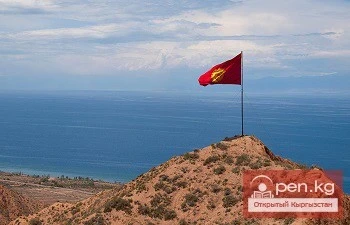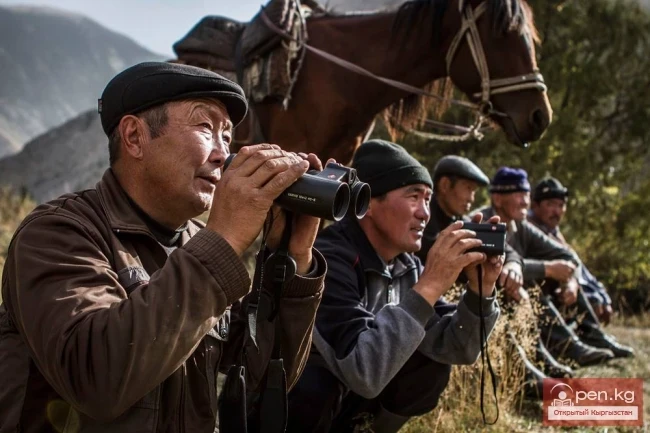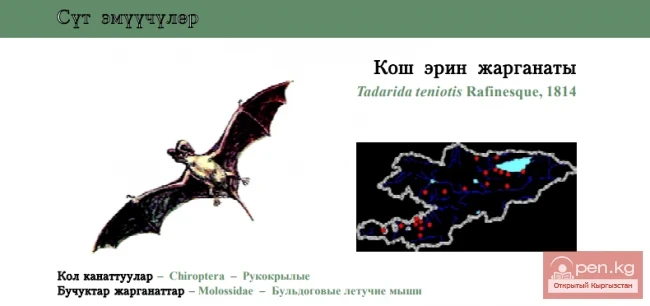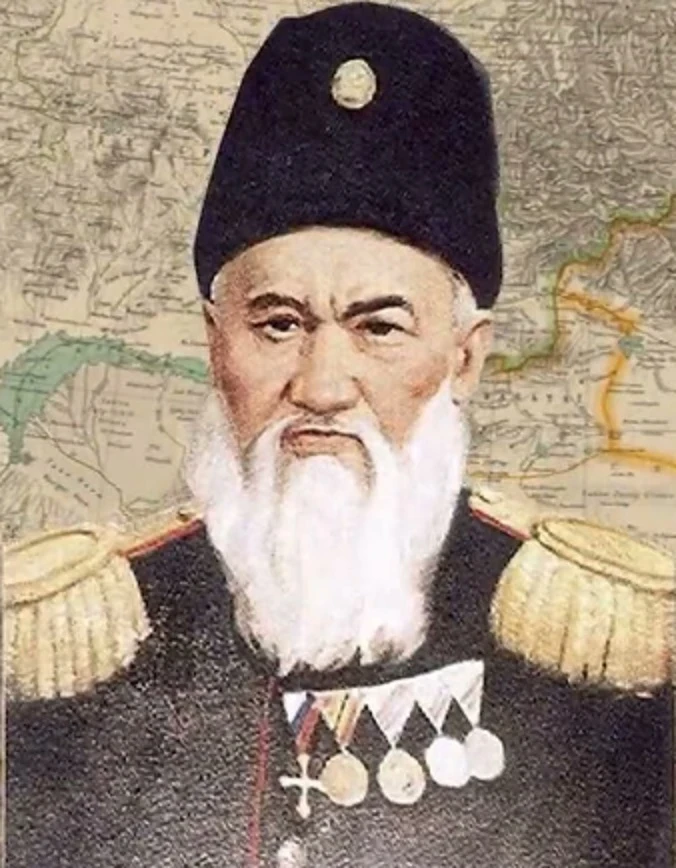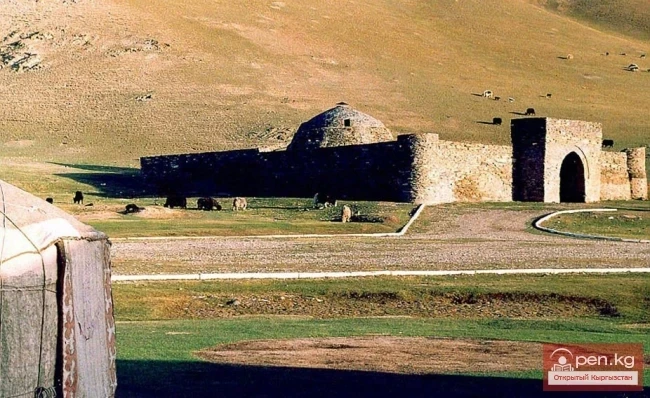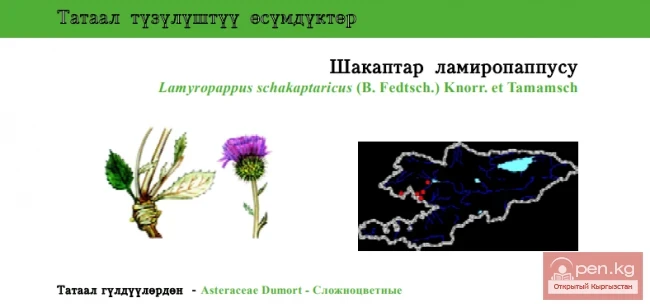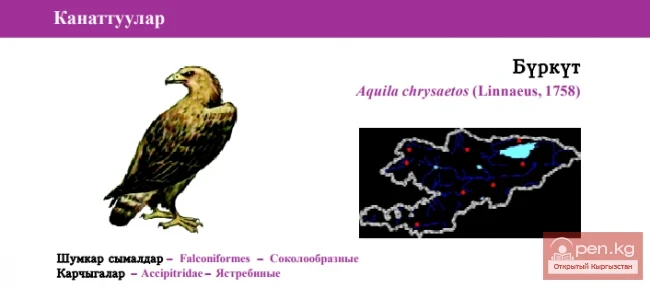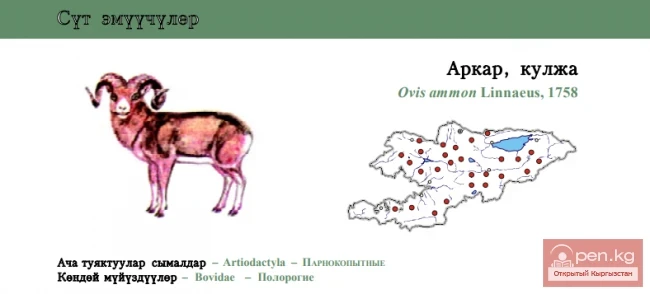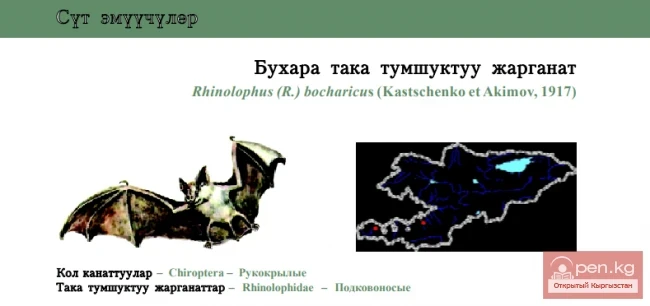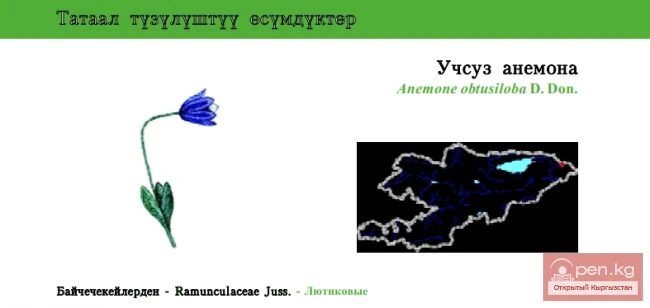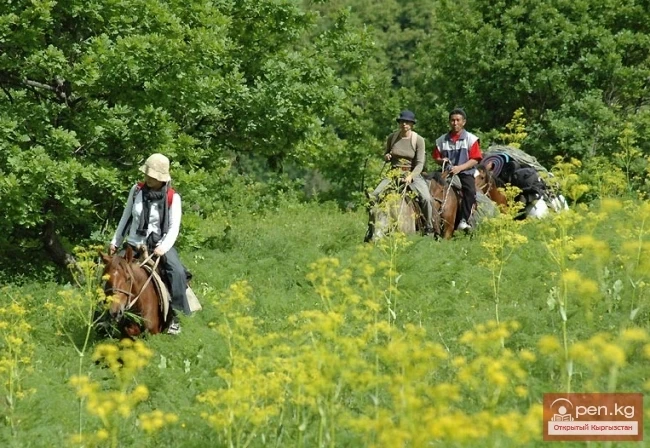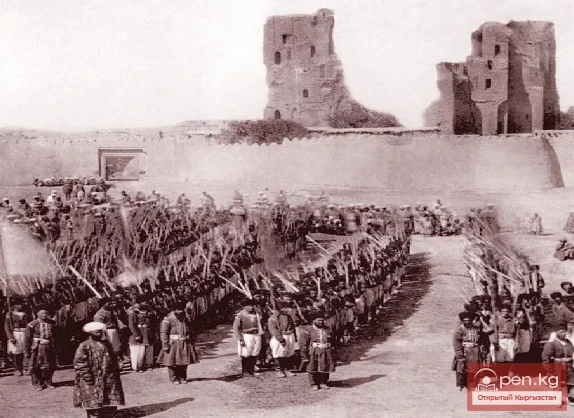
National Liberation Movement Against the Kokand Khanate
On June 1, 1868, a clash occurred between the indigenous population and representatives of the tsarist regime in the Toguz-Toro area.
The immediate cause was the attempt by representatives of the tsarist authority to arrest the grandson of the famous batyr Taylak — Markhan Osmonrva, while the underlying reason was the attempt to strengthen the colonial oppression of tsarism by introducing a new administrative structure in the mentioned area. The nomads, of the Kashan clan from the Sayak tribe, led by Osmon Taylakov, attacked the tent where the head of the Tokmak district, a tsarist officer, a translator, and several dzhigits were located. Their assault was so strong that the tsarist official and those around him barely managed to escape. They were saved by the dzhigits of the prominent manap Shabdan, who came to their aid.
As a result of this clash, the representatives of the tsarist authority were unable to reorganize the volost under the Ak-Töry clan and arrest the aforementioned grandson of Taylak. They barely managed to escape the scene of the clash under the protection of Shabdan's dzhigits.
One of the arenas of struggle against feudal and khanate oppression was Alai. In 1871, its population rose again against the rule of the Kokand khan and his officials. Here is what we read about the emergence of this uprising in a "Note from Central Asia," published in the newspaper "Birzhevye Vedomosti" in 1873, No. 337: "The cause of the current uprising was the increase in the zyaket on livestock and the taxation of wild fruit trees in the mountains near Osh. The black Kyrgyz benefit from the fruits of these trees."
The uprising, taking on a broad scale, encompassed Gulcha and some areas located to the south and southeast of the city of Osh. The Uzbek population of some neighboring areas sympathized with the rebels. The Kokand khan, unsure of suppressing it with his own forces, turned to the Bukhara emir for assistance "in subduing the rebellious Kyrgyz." This uprising, like the previous ones, was not successful. In early spring of the same year, the Kyrgyz living in the Sukh area in the southeast of Fergana also rose up. The usual causes of this uprising were the arbitrariness and violence of the khan's governor, while the underlying reason was the sharp increase in tax oppression. The residents of Alai joined the uprising. The number of rebels quickly increased, and the uprising took on a serious character. Its participants demanded that the Kokand khan remove the cruel and greedy Kokand governor from Sukh. The khan not only did not satisfy the rebels' demands but also sent a punitive detachment consisting of almost 2,000 sarbaz under the command of the commander of the khan's troops against them.
Disorganized and poorly armed, the rebels were forced to avoid direct confrontation and retreat into the depths of the inaccessible mountains. The punitive forces did not dare to ascend high into the mountains and limited themselves to capturing the first 12 Kyrgyz they encountered. The captives were taken to the capital of the khanate, where they were brutally executed. However, no amount of cruelty could crush the free-spirited spirit of the Kyrgyz people.
The uprisings of the Kyrgyz that occurred in the first half of the 1860s were caused by feudal and khanate oppression and were directed against the rule of the Kokand khanate. They had a national liberation character.
Uzbek, Kazakh, and Tajik workers, who were suffering under the oppression of the Kokand khans and their officials, actively participated in them. The driving forces of these uprisings were the working masses. However, representatives of the feudal nobility also participated in them and often led them. These uprisings were local, spontaneous, and unorganized in nature. Therefore, they could not be successful. Even in the event of a victory for the rebels, the success of the uprising would amount to a change of one khan for another, while feudal exploitation and the system of government would remain the same. The significance of feudal-patriarchal relations, age-old prejudices, the influence of tribal elites, the impact of religion, oppression, mass illiteracy, and limited social horizons was still too great.
The Kokand khans and their officials, in trying to keep the Kyrgyz and other peoples under their control in submission and obedience, aimed to extinguish all life in them, brutally suppressed all these scattered uprisings.
Following the suppression, there was usually a brutal reprisal accompanied by mass killings and looting of the population. Even the Turkestan Governor-General, General Adjutant von Kaufman, who patronized and supported the khan's power in Kokand, could not deny this. Here is what is stated in his secret report from 1881: "The Kokand authorities incited the wrath of the nomads against themselves, which several times turned into open, fierce struggle. After the suppression of the rebellion, there were numerous executions each time, and the casualties numbered not in tens, but in hundreds. However, no amount of cruelty could crush the free-spirited spirit of the Kyrgyz people. Discontent and outrage, which manifested in open uprisings, grew, strengthened, and matured. The largest uprising, which completely covered the territory of the Kokand khanate and all of southern Kyrgyzstan, occurred in 1873-76; it boldly swept away the khan's power and led to significant changes in the historical destinies of the Kyrgyz and Uzbek peoples.
Siege of the Pishpek Fortress

